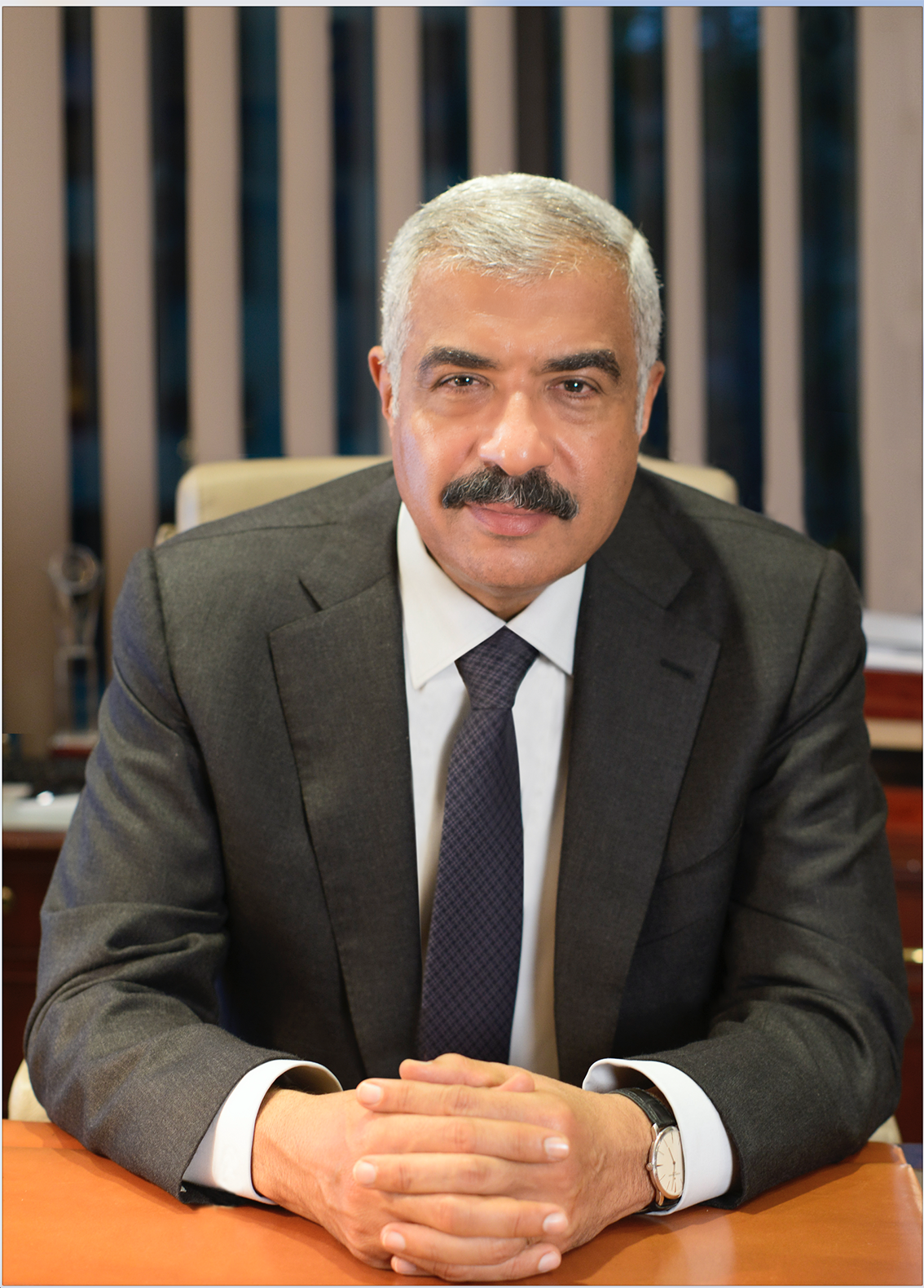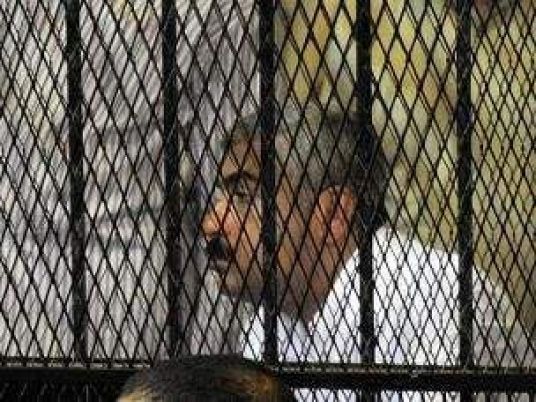The Talaat Moustafa Group (TMG), Egypt's largest urban development conglomerate, has erected metal barricades at the gates of its Madinaty residential compound, sources said. Tight security measures have been imposed and visitor IDs thoroughly checked in the wake of a court ruling which annulled the contract signed between the group and the Urban Communities Authority, citing violations.
Sources told Al-Masry Al-Youm there has been an increase in the presence of private security firms and guards in the compound's reception area. Entry has been allowed only for those going to the customer service hall, where families of different nationalities have demanded meetings with the project’s legal officials. These requests are met with an agent's bored refrain: “We do not have a legal department here, but sales executives can answer your queries."
The sales agents assure the customers that they are not party to the judicial crisis and confirm that the dates for unit transfers will remain unchanged, according to the sources.
Nevine Abdel Razeq, an owner of one of the Madinaty residences who is due to receive her unit imminently, voiced concern over the contract.
Sales executives gave evidence of the firm’s dedication to the project, such as the city’s main gate, to assure customers their money was in safe hands. They also cited the company’s commissioning of customer service agents with the duty of responding to questions related to the problem.
On the other hand, some security officers decried extended shifts as a result of the intensified security measures.
Meanwhile, property investors warned against the possible impact the court decision will have on the real estate market, saying investors have become anxious. Experts predict a slowdown in the flow of capital on property projects during the upcoming period. The judicial decision has created a sense of discomfort with government contracting, they added.
Alaa Basyouni, head of the real estate investments sector at the Federation of Egyptian Industries (FEI), said that the Madinaty crisis represents a catastrophe that damages investment in general. He argued that the problem has aroused investors' fears. Basyouni described the current situation as highly complicated, pointing out that the best way out is to issue legislation that directly solves this problem. He added that government assurances for the contractors have not, yet, alleviated the fears haunting the Egyptian market.
Ahmed Haggag, CEO at a real estate finance firm, said that the market will not be directly affected, noting instead that the real impact will be seen in the safety measures adopted by companies anxious to verify the ownership of land they plan to use.
But Salah Hegab, honorary president of the Egyptian Planning Society, said that the court ruling was based on an administrative error, and that the contract between TMG and the Urban Communities Authority can be modified later.
Meanwhile, economist Abdel Khaleq Farouq said the verdict in the Madinaty case came as proof of Egyptian judiciary independence from the country's elite. He added that it also emphasizes the breaches committed by former Housing Minister Mohamed Ibrahim Suleiman.
The head of the Egyptian Businessmen Association, Hussein Sabbour, refused to comment on the verdict, saying instead that he believed the court had based its ruling on two facts: that Madinaty project lands were not sold through a public bid and that the price for the property was undetermined. He predicted that the government will issue assurances for projects which had similarly been undertaken without bidding.
Translated from the Arabic Edition.




